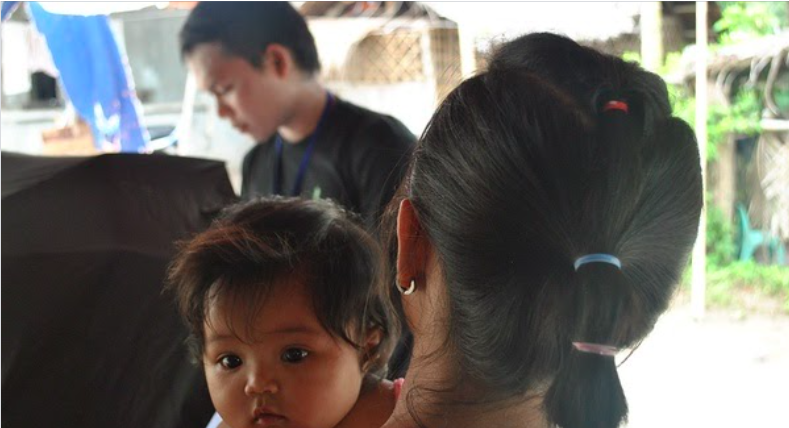|
Modelling Disruption in a Health Emergency; Cost Analysis of Scaling-up Primary Healthcare Community Systems Foundation has developed new modules in EQUIST to support UNICEF's vision of better understanding Maternal and Newborn Tetanus Elimination (MNTE) efforts and costing for Primary Health Care (PHC) across the world.
As a development partner of EQUIST, CSF is working in close collaboration with UNICEF to upload new data sets into EQUIST that will allow users to undertake detailed analyses. Given the health system challenges associated with health emergencies, such as the COVID-19 Pandemic, Ebola, Polio, and Cholera, CSF developed the new Disruption of Health Services module on EQUIST that can support countries in using subnational-level data to model how the health emergencies would disrupt expected health delivery. To support better understanding of MNTE efforts, CSF has also developed the MNTE Risk Analysis Module to EQUIST. This module will support national health decision-makers identify locations with a high risk of tetanus and aid in focusing efforts on the most at-risk populations. A third major development is now supporting PHC Costing Analysis. This analysis will be implemented in 40 countries and will enable users to determine the additional costs associated with scaling up PHC services in their countries, such as yearly expenses per institution. To allow countries to undertake real-time analysis, CSF has implemented Automatic New Dataset Detection in EQUIST, which will enables users to autodetect freshly published surveys and readily use it to conduct analysis at the national and subnational levels.
0 Comments
Leave a Reply. |
AuthorWrite something about yourself. No need to be fancy, just an overview. Archives
June 2022
Categories |
Join the CSF data revolution webinar tomorrow!
COMMUNITY SYSTEMS FOUNDATION – EST 1963
+1 212 500 1335
data-driven sustainable development


 RSS Feed
RSS Feed